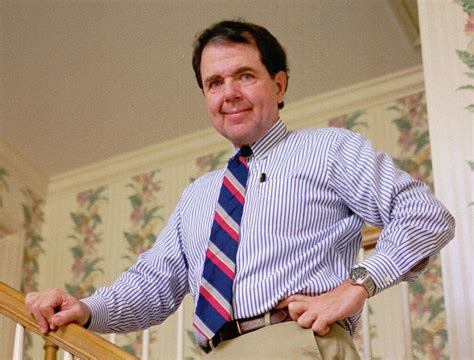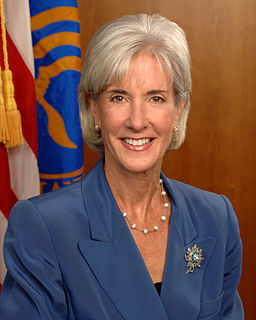Top 1200 Passive Income Quotes & Sayings - Page 3
Explore popular Passive Income quotes.
Last updated on November 14, 2024.
There are several problems with the ACA's reliance on means-based inclusion criteria and mandatory participation in exchanges - the complexity of the exchange mechanism, and the potential for income-based subsidies to become a disincentive to earn if insurance rates escalate for those beyond the income threshold.
Mr. Speaker, in 1848, Karl Marx said, a progressive income tax is needed to transfer wealth and power to the state. Thus, Marx's Communist Manifesto had as its major economic tenet a progressive income tax. Think about it, 1848 Karl Marx, Communism.... I say it is time to replace the progressive income tax with a national retail sales tax, and it is time to abolish the IRS, my colleagues. I yield back all the rules, regulations, fear, and intimidation of our current system.
Passive acceptance of the teacher's wisdom is easy to most boys and girls. It involves no effort of independent thought, and seems rational because the teacher knows more than his pupils; it is moreover the way to win the favour of the teacher unless he is a very exceptional man. Yet the habit of passive acceptance is a disastrous one in later life. It causes man to seek and to accept a leader, and to accept as a leader whoever is established in that position.
I think one of the problems [with raising intelligent children] is compulsory schooling...and that children are sitting there and they are taught and told what to believe. They are passive from the very beginning, and one must be very, very aggressive intellectually to have a high IQ [...] the child is taught. Right from the beginning, it's a passive process. He or she sits there, and they simply try to believe everything they're told.
Deep Listening is listening to everything all the time, and reminding yourself when you're not. But going below the surface too, it's an active process. It's not passive. I mean hearing is passive in that soundwaves hinge upon the eardrum. You can do both. You can focus and be receptive to your surroundings. If you're tuned out, then you're not in contact with your surroundings. You have to process what you hear. Hearing and listening are not the same thing.
The bottom quarter of the human population has only three-quarters of one percent of global household income, about one thirty-second of the average income in the world, whereas the people in the top five percent have nine times the average income. So the ratio between the averages in the top five percent and the bottom quarter is somewhere around 300 to one - a huge inequality that also gives you a sense of how easily poverty could be avoided.
There are 11 states in the United States that in the last 50 years instituted an income tax. So I looked at each of those 11 states over the last 50 years, and I took their current economic metrics and their metrics for the five years before they put in the progressive income tax... Every single state that introduced a progressive income tax has declined as an overall share of the U.S. economy.
There's a separation of church and state. If you want the perks that churches have traditionally received, then abide by the rules. If you're going to be involved in the political process, even in soft ways, then surrender the privileges. Let ministers pay income tax on all of their income. Let churches pay income tax, let them pay property taxes. They can't have it both ways. You can't pat the politicians on the back, break the rules, and then get all these perks.
Men make the mistake of thinking that because women can't see the sense in violence, they must be passive creatures. It's just not true. In one important way, at least, men are the passive sex. Given a choice, they will always opt for the status quo. They hate change of any kind, and they fight against it constantly. On the other hand, what women want is stability, which when you stop to think about it is a very different animal.
The lower income individuals, under any Republican proposal, at least that I have seen, are real losers in the framework because there is not enough subsidy, not enough assistance, for them to realistically participate in the market. Particularly if you halt or rollback the Medicaid expansion, which is for the lowest income workers.
If the US government spends 40 percent of the nation's income, as it does through either borrowing or taxes, that income is not available for people to spend. The deficit is an indirect method of taxation. Of course, politicians prefer to borrow instead of tax because then someone down the road has to deal with the consequences.
Given the relativity concept, poverty cannot be eliminated. Indeed, an economic upturn with a broad improvement in household income does not guarantee a decrease in the size of the poor population, especially when the income growth of households below the poverty line is less promising than the overall.
A tax cut means higher family income and higher business profits and a balanced federal budget....As the national income grows, the federal government will ultimately end up with more revenues. Prosperity is the real way to balance our budget. By lowering tax rates, by increasing jobs and income, we can expand tax revenues and finally bring our budget into balance.























































